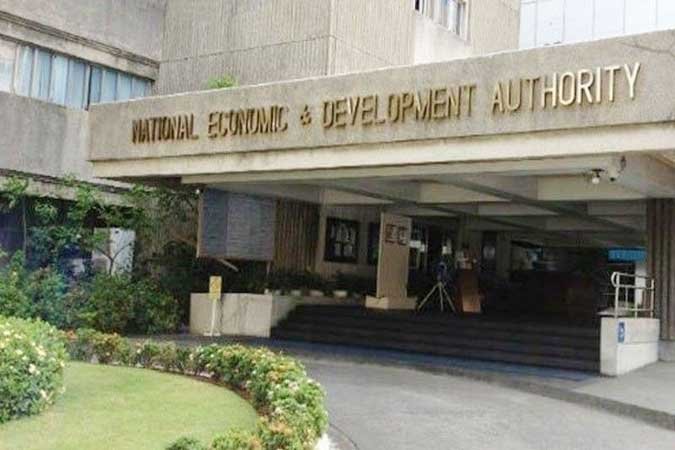THE National Economic and Development Authority (NEDA) cited the need for new tax measures to achieve fiscal consolidation, which will keep the Philippines on track with its plans for extensive economic and social transformation.
The recommendation was made late Wednesday with the release of the Philippine Development Report 2023, which outlines strategies going forward for meeting the government’s development goals.
“The fiscal targets for 2023 are likely to be met. However, sustaining this achievement until 2028 would be challenging without the prompt enactment of new tax measures,” it said.
The government is hoping to reduce its debt-to-gross domestic product (GDP) ratio to below 60% by 2025 and bring down the deficit-to-GDP ratio to 3% by 2028.

“The (current) proposed tax measures, which include excise taxes on sweetened beverages, VAT on digital service providers, and a new fiscal regime for mining, are expected to generate over P900 billion in additional revenue from 2024 to 2028,” it said.
“The Executive and Legislative branches need to closely collaborate to ensure that the resulting measures do not lead to revenue shortfalls,” it added.
The NEDA position on taxes apparently runs counter to the Department of Finance’s (DoF) announcement that no new consumption-based taxes are planned this year, with the tax collection arms of the government instead focusing on increasing their collection efficiency.
NEDA added that “economic and social transformation” will depend on a strong fiscal foundation, finding more growth drivers, and accelerating innovation, sustainability, and digitalization.
The report also called for fast-tracking other reforms and improving efficiency in state spending through expedited procurement and digitalizing processes, among others.
“The government’s rightsizing program will also be pursued through restructuring to address new priorities, as well as through merging or abolishing government agencies to create a more efficient bureaucracy,” it said.
“These reforms, when implemented fully, are expected to ease the fiscal burden as indicated by, say, declining government deficits and overall public debt as a proportion of national income or GDP,” it added.
The report noted that while most fiscal targets are on track, macroeconomic targets are “slightly below or falling below the target.”
The economy grew by 5.6% in 2023, falling short of the government’s 6-7% full-year target.
“There have been significant improvements in the labor statistics, but much work needs to be done in generating quality employment,” it added.
NEDA also cited the need to “expand the economic pie.”
“The factors that constrained demand growth in 2023 may continue to persist in 2024. However, there are potential solutions that can be implemented to address these issues,” it said.
The report noted that household spending was dampened by elevated inflation.
“For 2024 and beyond, a multi-pronged solution is being proposed, recognizing that the issue has arisen due to a combination of external and domestic factors,” the NEDA said.
“The solution will involve a blend of strategic trade policy, targeted production subsidies, demand management, and confidence-building communication, along with productivity-enhancing strategies,” it added.
NEDA also called for ensuring food security through adopting a “value-chain mindset.”
“The first node is to ensure an adequate food supply. The solution must be to improve the productivity of the agriculture, fishery, and forestry (AFF) sector. This requires more responsive R&D, as well as more timely and accurate information and forecasting models, and extension services.”
It also recommended improving access to quality education to address learning losses; building sustainable settlements and well-planned communities; and accelerating digital transformation.
The government must also focus on improving the business climate to attract trade and investment, promote competition, and ramp up infrastructure. — Luisa Maria Jacinta C. Jocson










